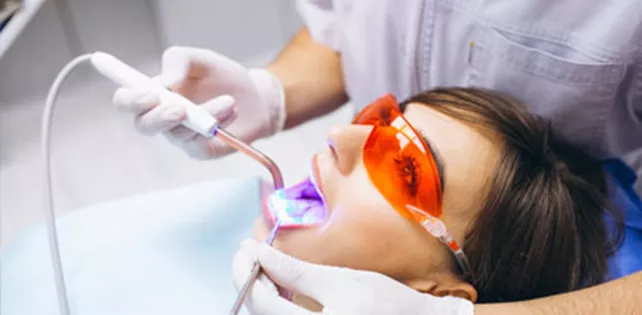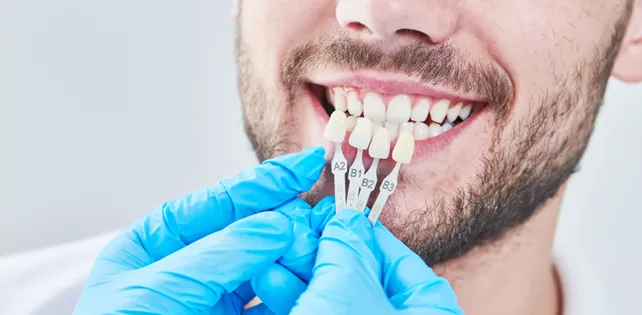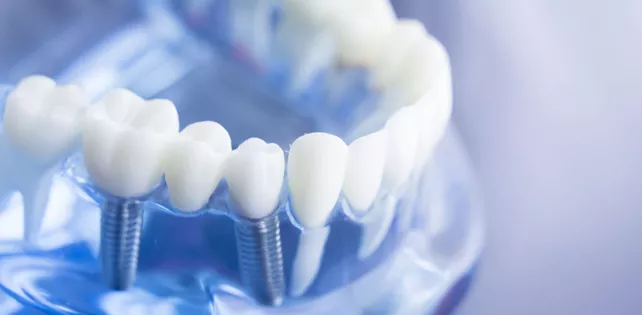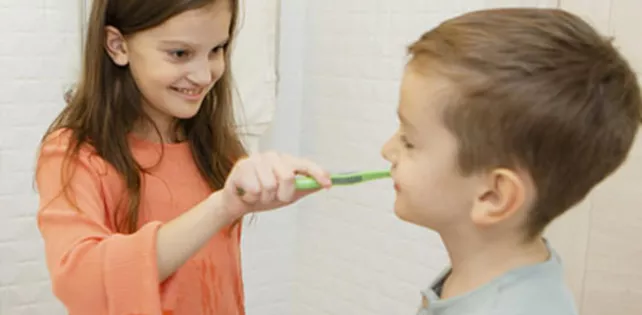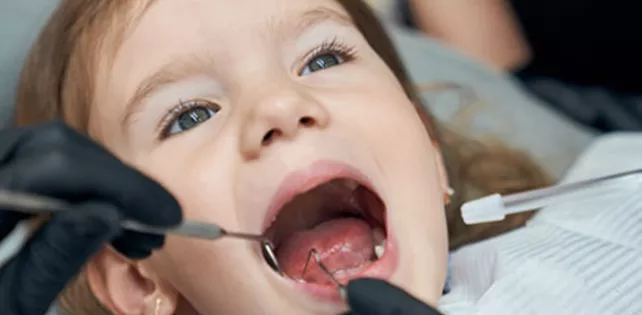Does Teeth Whitening Damage Teeth? Facts, Risks, and Safe Practices
Teeth whitening has become one of the most popular cosmetic dental treatments worldwide. A bright, white smile is often associated with youth, health, and attractiveness. However, many people worry whether the whitening process might damage their teeth or weaken enamel. In this article, we explore the science behind teeth whitening, discuss potential risks, and share tips on how to whiten teeth safely.
What Is Teeth Whitening?
Teeth whitening, also called bleaching, is a procedure that lightens the color of teeth by removing stains and discoloration. It typically involves the application of bleaching agents containing hydrogen peroxide or carbamide peroxide, which penetrate the enamel and break down pigment molecules.
How Does Teeth Whitening Work?
The peroxide-based gels release oxygen molecules that react with colored compounds in and on the teeth. This chemical reaction breaks the bonds of the stains, making them less visible and resulting in a whiter appearance.
Does Teeth Whitening Damage Tooth Enamel?
The short answer: When used properly, teeth whitening does not cause permanent damage to tooth enamel.
Extensive research shows that peroxide-based bleaching agents at concentrations used in dental treatments are safe for enamel. The process does not dissolve or erode enamel but may temporarily increase tooth sensitivity.
Temporary Sensitivity Is Normal
Many patients experience increased tooth sensitivity after whitening, often triggered by cold or hot stimuli. This sensitivity usually lasts for a few days to a week and is reversible. It occurs because bleaching agents can temporarily penetrate the dentin layer, irritating nerve endings.
Effects on Enamel Surface
Some studies suggest whitening can slightly alter enamel surface roughness or mineral content, but these changes are minimal and transient. Using fluoride treatments or remineralizing gels can help maintain enamel health after whitening.
Potential Risks and When Whitening Can Be Harmful
Overuse and Excessive Frequency
Repeated or aggressive whitening beyond recommended intervals can increase risks of enamel erosion, gum irritation, and sensitivity. It’s important to follow dental advice and not overuse whitening products.
Improper Use of Over-the-Counter Products
Some home whitening kits have unregulated peroxide levels or poorly fitting trays, leading to uneven whitening or gum damage. Always choose products approved by dental professionals or FDA-cleared.
Existing Dental Problems
Teeth with cavities, cracks, or exposed dentin may react adversely to whitening. It’s essential to have a dental exam before whitening to address any issues.
Gum and Soft Tissue Irritation
Bleaching agents can cause gum irritation if they contact soft tissues for prolonged periods. Professional treatments and proper application reduce this risk.
Safe Teeth Whitening Practices
- Consult a Dentist: Get a dental checkup to ensure your teeth and gums are healthy before whitening.
- Professional Whitening: In-office whitening performed by dentists offers controlled application, stronger results, and fewer side effects.
- Follow Instructions: Carefully adhere to product guidelines or dental professional recommendations.
- Use Fluoride: Apply fluoride toothpaste or treatments to protect enamel.
- Limit Whitening Frequency: Avoid whitening more than twice a year unless advised otherwise.
- Avoid Abrasive Products: Don’t combine whitening with abrasive toothpastes that can wear enamel.
Alternatives to Chemical Whitening
If you want to avoid bleaching agents, consider alternatives:
- Professional Cleaning: Removes surface stains caused by plaque and tartar.
- Whitening Toothpastes: Contain mild abrasives and polishing agents to gradually improve brightness.
- Natural Remedies: Some use baking soda or activated charcoal cautiously, but these have limited evidence and potential abrasiveness.
When to Avoid Teeth Whitening
Whitening is not recommended for:
- Children under 16 years old.
- Pregnant or breastfeeding women.
- Individuals with extensive dental restorations (crowns, veneers).
- People with active gum disease or oral infections.
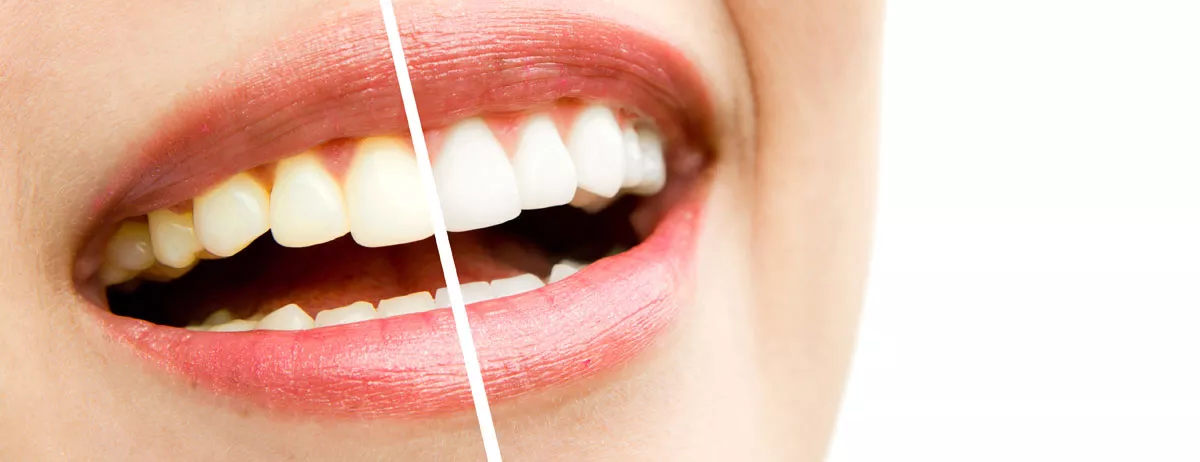
Teeth whitening is the process performed to bleach the discolorations on the tooth enamel with the help of peroxide-containing gels. Before starting the whitening process, detailed tartar cleaning is performed. Gums It is covered with a protective layer. Whitening gel is applied to the teeth. White light is applied for approximately 20 minutes. If sufficient whitening is not achieved, the process is repeated several times.
Does the whitening process harm teeth? Whitening performed under the supervision of a dentist does not cause any harm to the teeth. There are many studies showing that it does not harm teeth. Some people may develop hot and cold sensitivity after whitening treatment. The most important point to keep in mind is; Products sold uncontrolled in the market, which may contain substances harmful to teeth, should not be used. Teeth whitening products used uncontrolledly can cause structural disorders in teeth and gums.


